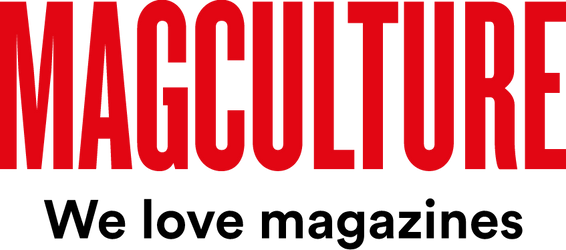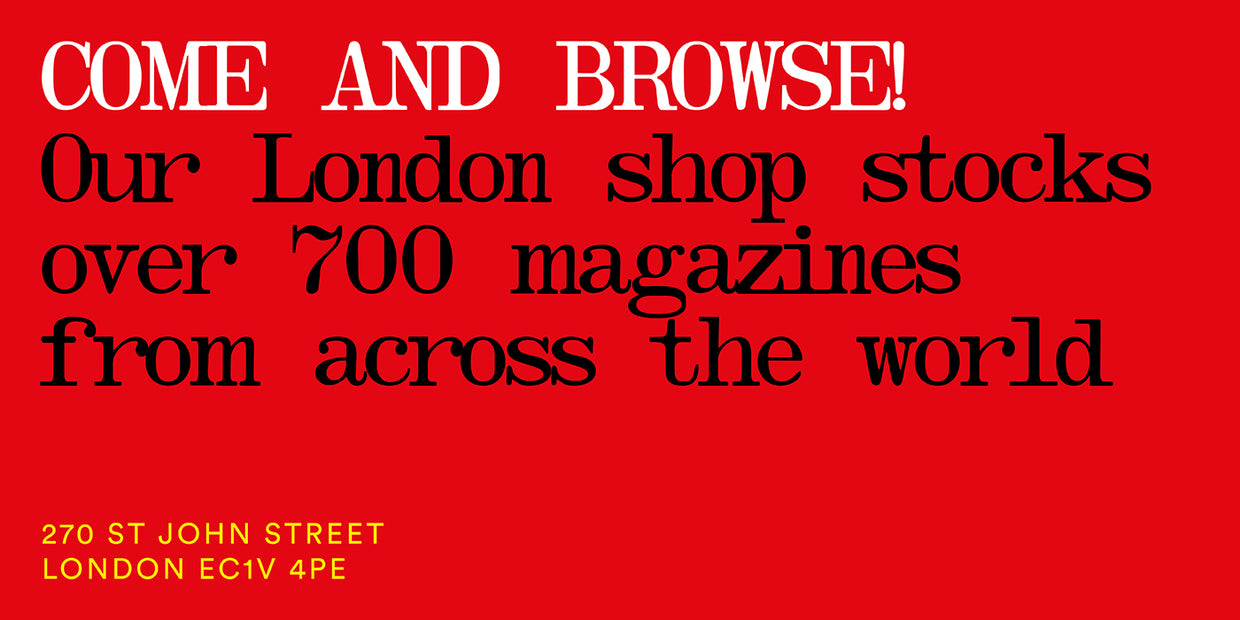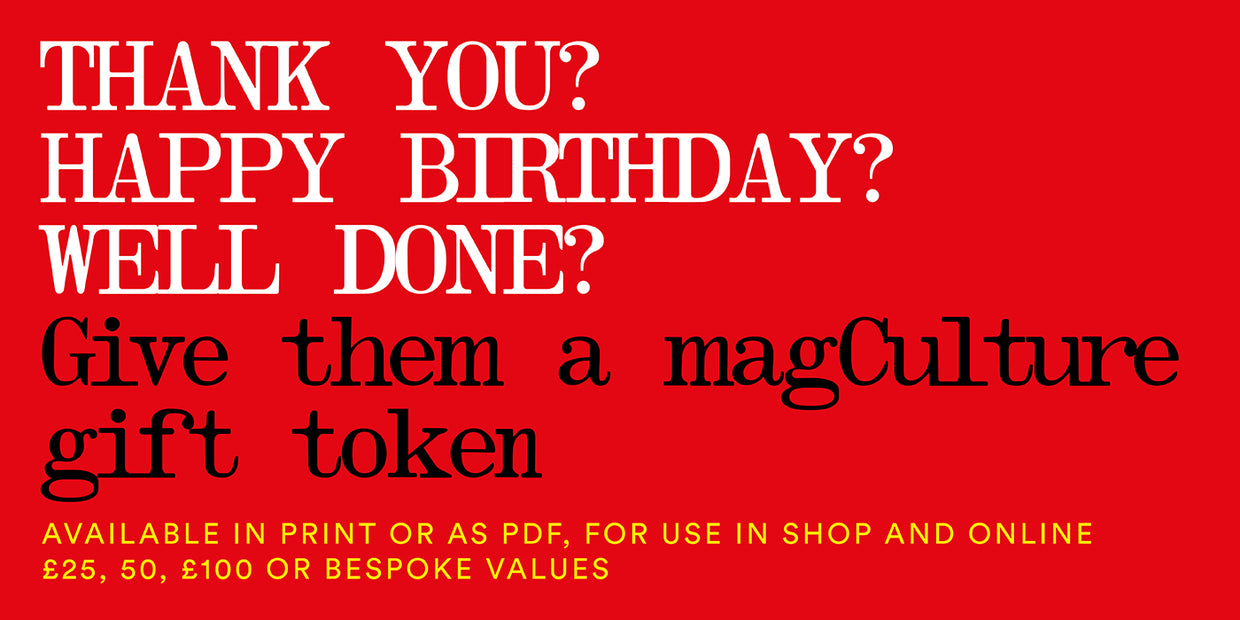
Louche #1
Louche’s online manifesto spells out the mission of the new magazine quite clearly: ‘Asking urgent questions about drag today, Louche mag takes a critical and constructive approach to drag and queer performance culture: its past, present and future.’

Louche offers a lot for a relatively slim magazine, from a ‘pop-analytic Dragony Aunt’ column to a feature on the history of drag and political activism, illustrated with glossy photographs of drag kings and queens protesting during the 2018 anti-Trump march in London. The confessional personal essays are wonderful too; I loved reading Crystal Rasmussen’s brutally honest piece titled ‘A Homecoming, Queen’ (below).

The editors have described the publication as a place to give ‘queer art a literal weight’. So much of drag culture seems to exist fleetingly – performance is almost impossible to totally capture and recreate, even via video. This is of course part of its power, but to see images of performance gathered with political writing in a place that can be visited and revisited is wonderful. Drag is a space for activism as much as it is a space for celebration. Louche provides a physical space for queer voices, without taking them out of context.

A photo essay called ‘Now you Wanna Talk about Reading’ demonstrates this balance of criticism and celebration beautifully. Drag kings and queens pose in various libraries across London (above), while sharing the books that have inspired and educated them. For those interested in accessing queer theory, there are some excellent reccomendations.

One thing that immediately strikes me about Louche is the emphasis on inclusivity. The editors acknowledge that the drag community is a spectrum – Louche founder Anna (Gorgeous Michael) is a drag king and has made efforts to ensure that the mag includes some great king representation. I’ve already had conversations with Louche customers in the magCulture shop remarking on how unique the magazine is for offering these articles, as pop culture leans towards a more ‘old fashioned’ definition of drag. Check out drag king Beau Jangles’s homage to Stormé DeLarverie (above) for an insightful read on the legendary activist.

Local event profiles make Louche a great resource for those looking to get involved in a nearby queer nightlife. Featured non-binary drag competition Genderfvcker was created in response to transphobic comments made by RuPaul in the summer of 2018, in which the celebrity ‘said some mean stuff concerning drag and who’s allowed to do it’. Gendefvcker heats, which have taken place at vFd in Dalston and Redon in Bethnal Green, encourage all those who feel outcast in the drag community.
Overall, Louche is an intensely sharp publication, unafraid to ask all the urgent questions. Its approach constitutes an impressive balance of inclusivity and criticism, all printed on the brightest of paper. A fantastic first issue.
Buy your copy from the magCulture Shop


